Polycystic Kidney Disease Kidney Transplant
Polycystic kidney disease kidney transplant. Insulin resistance with compensatory hyperinsulinaemia has been reported in adult polycystic kidney disease APKD patients. Your transplant surgeon will make an incision in your lower abdomen to insert the new kidney and connect it to your blood vessels and bladder. Your own kidneys are not removed at this time.
While survival in patients with ARPKD and isolated kidney transplant is comparable to that of age-matched pediatric patients who have received kidney transplants due to other primary renal diseases 64-80 of the mortality occurring in ARPKD kidney transplant patients is attributed to cholangitissepsis which is related to their hepato-biliary disease. Patients with high blood pressure. Patients with ADPKD show some differences in graft outcome and complications following renal transplantation.
Autosomal dominant polycystic kidney disease ADPKD is a common cause of end-stage renal disease and a common indication for renal transplantation. In patients with autosomal dominant polycystic kidney disease ADPKD evaluated for kidney transplantation issues related to native nephrectomy cystic liver involvement screening for intracranial aneurysms and living-related kidney donation deserve special consideration. To define specific manifestations of autosomal dominant polycystic kidney disease in kidney transplant patients.
People with kidney failure will need dialysis or a kidney transplant. Diabetes mellitus is a common complication following transplantation and previous studies have demonstrated that inadequate insulin secretion was a prerequisite for the development of post-transplant diabetes mellitus PTDM. Kidneys from donors affected by autosomal-dominant polycystic kidney disease ADPKD are in general considered unsuitable for transplantation.
Polycystic kidney disease PKD is a condition in which many fluid-filled sacs cysts develop and grow in your kidneys. Cysts are abnormal pouches containing fluid. And when it came t.
This disease can reduce your kidney function and may lead to kidney failure. This genetic condition causes the development of cysts from the nephrons. Eventually the cysts replace normal kidney tissue and the person with this condition suffers kidney failure.
Friends since childhood but separated by years and geography Alan Landros and Blyden Loutensock found each other again in a time of need. Polycystic kidney disease PKD is the most common inherited cause of kidney failure in adults.
Your transplant surgeon will make an incision in your lower abdomen to insert the new kidney and connect it to your blood vessels and bladder.
Renal transplantation in autosomal dominant polycystic kidney disease. Often your new kidney will begin to function immediately although sometimes it can take several days for it to wake up and start working. Polycystic kidney disease PKD is a condition in which many fluid-filled sacs cysts develop and grow in your kidneys. This genetic condition causes the development of cysts from the nephrons. This disease can reduce your kidney function and may lead to kidney failure. In patients with autosomal dominant polycystic kidney disease ADPKD evaluated for kidney transplantation issues related to native nephrectomy cystic liver involvement screening for intracranial aneurysms and living-related kidney donation deserve special consideration. For patients with autosomal dominant polycystic kidney disease undergoing bilateral nephrectomy and kidney transplantation in the same sitting. If you experience kidney failure youll need dialysis or preferably a kidney transplant. Patients with protein or blood in their urine.
And when it came t. Your own kidneys are not removed at this time. Insulin resistance with compensatory hyperinsulinaemia has been reported in adult polycystic kidney disease APKD patients. Over 50 of patients with ADPKD eventually develop end stage kidney disease and require dialysis or kidney transplantation. Often your new kidney will begin to function immediately although sometimes it can take several days for it to wake up and start working. Certain people have an increased risk of kidney failure including. People with kidney failure will need dialysis or a kidney transplant.




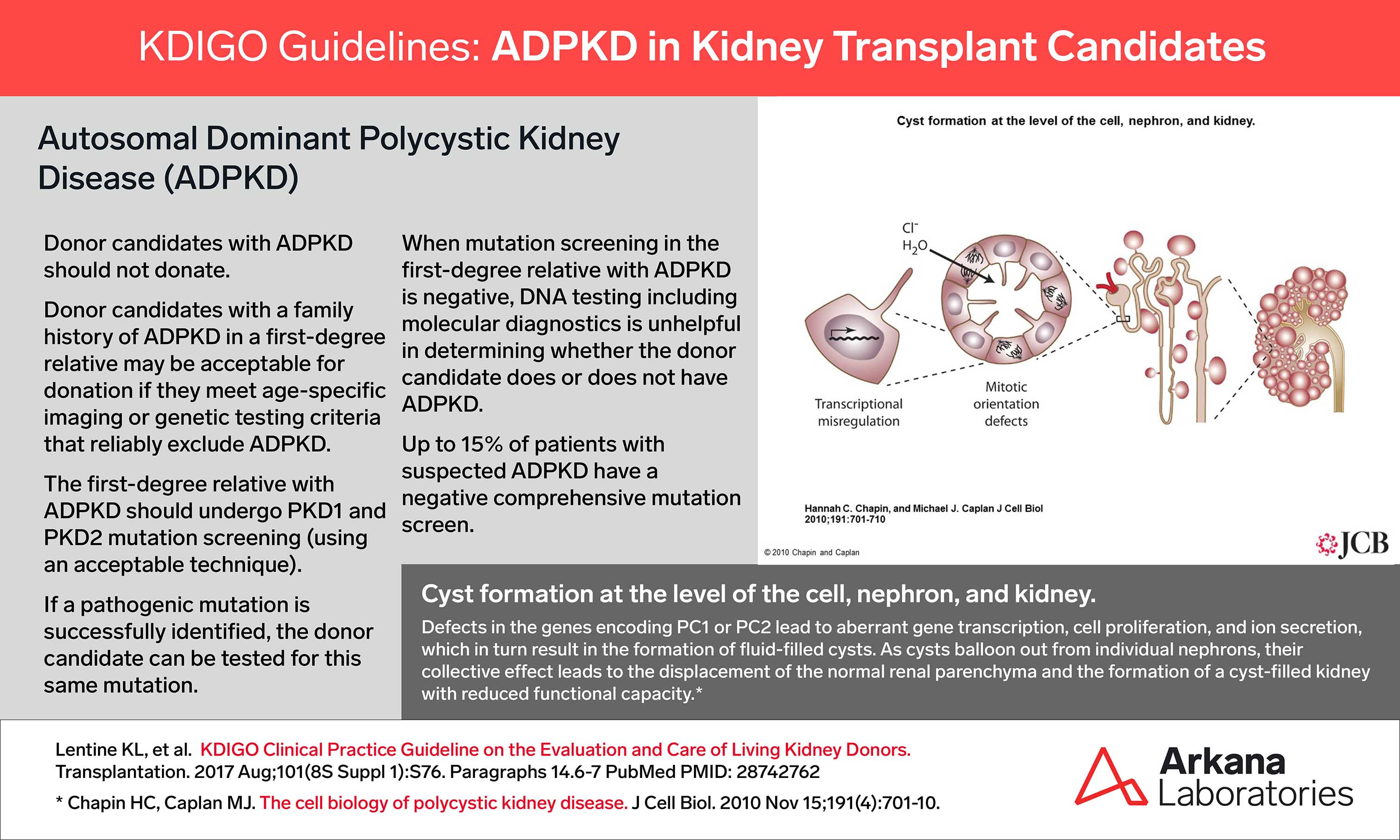




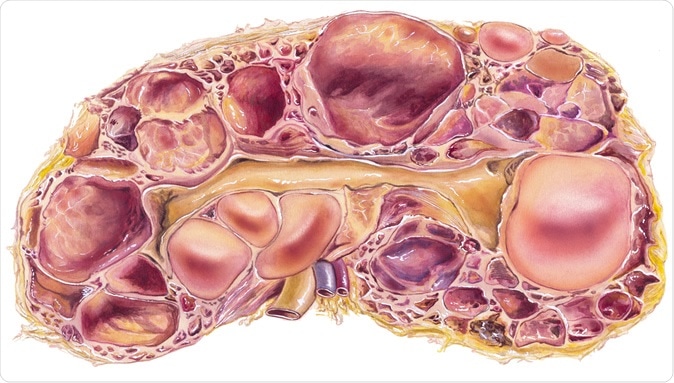

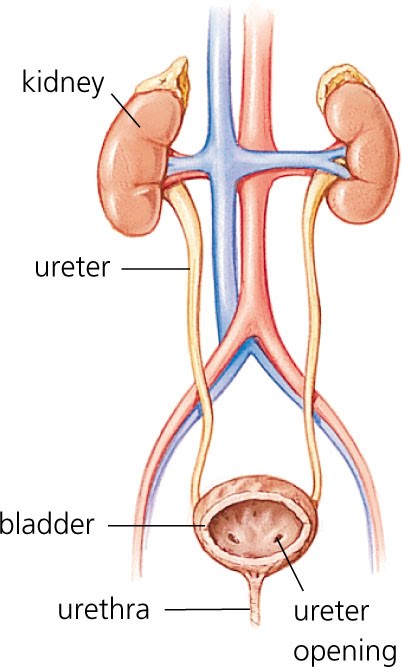
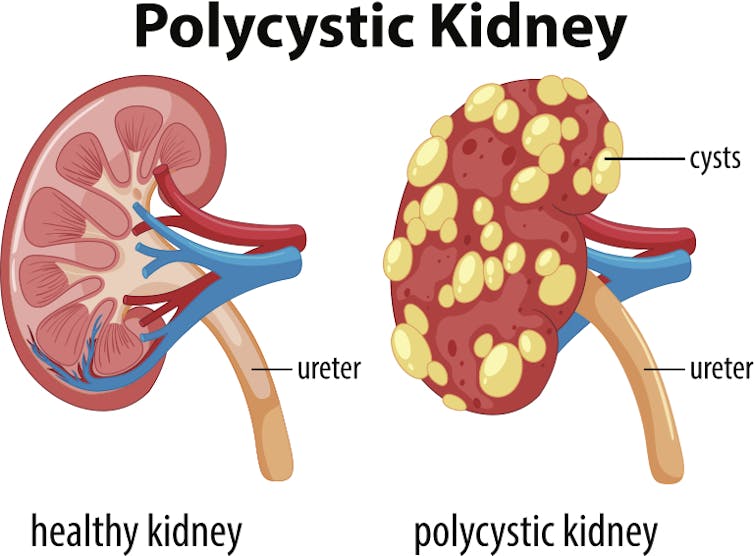







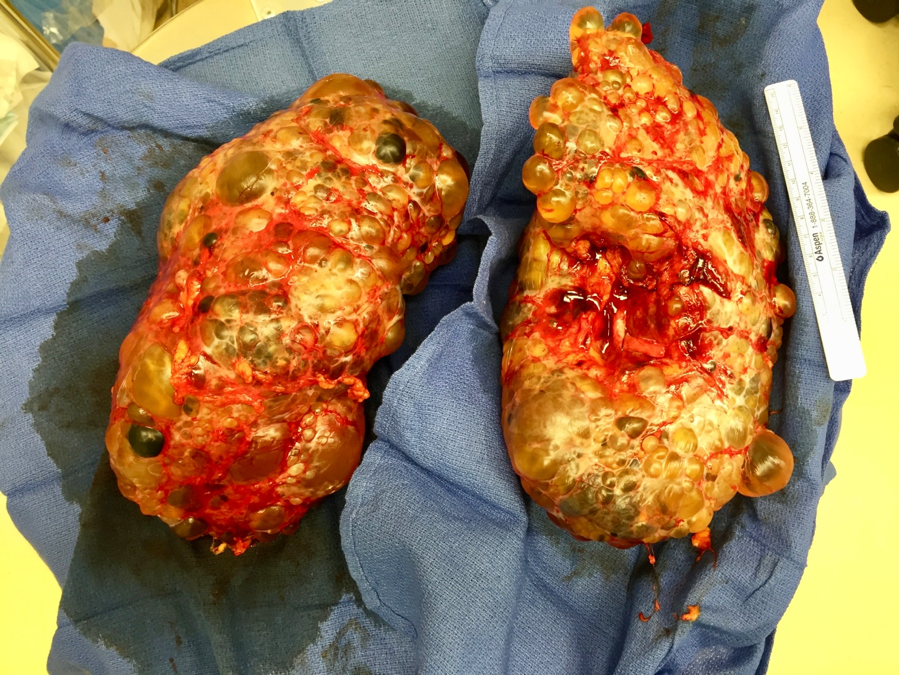









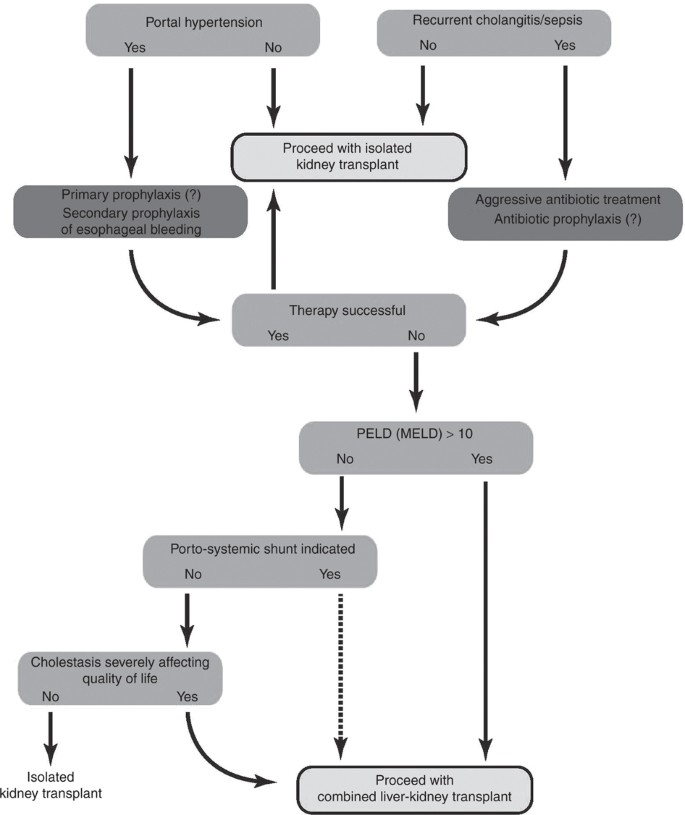

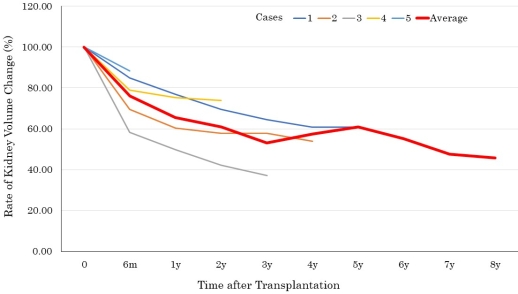
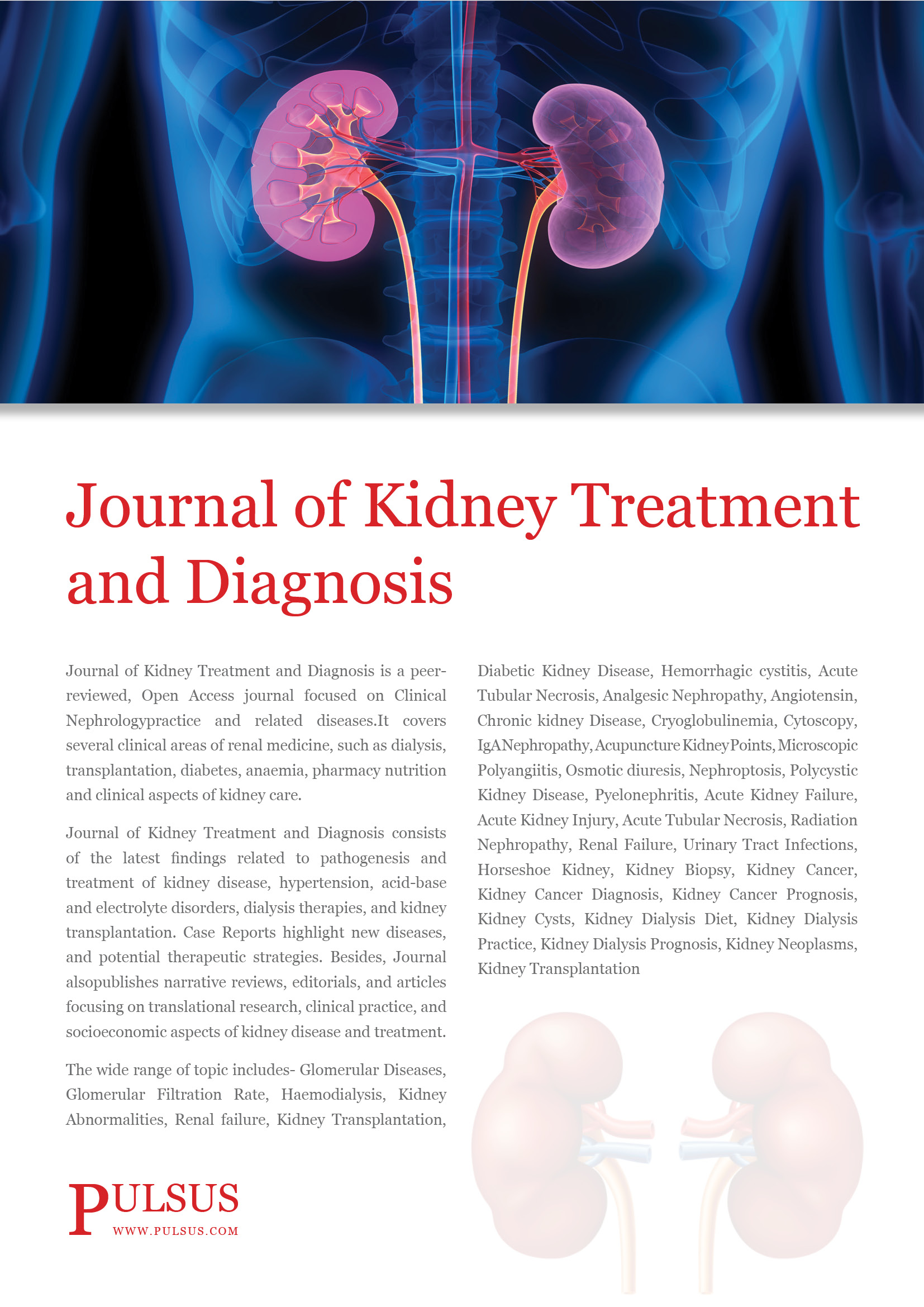







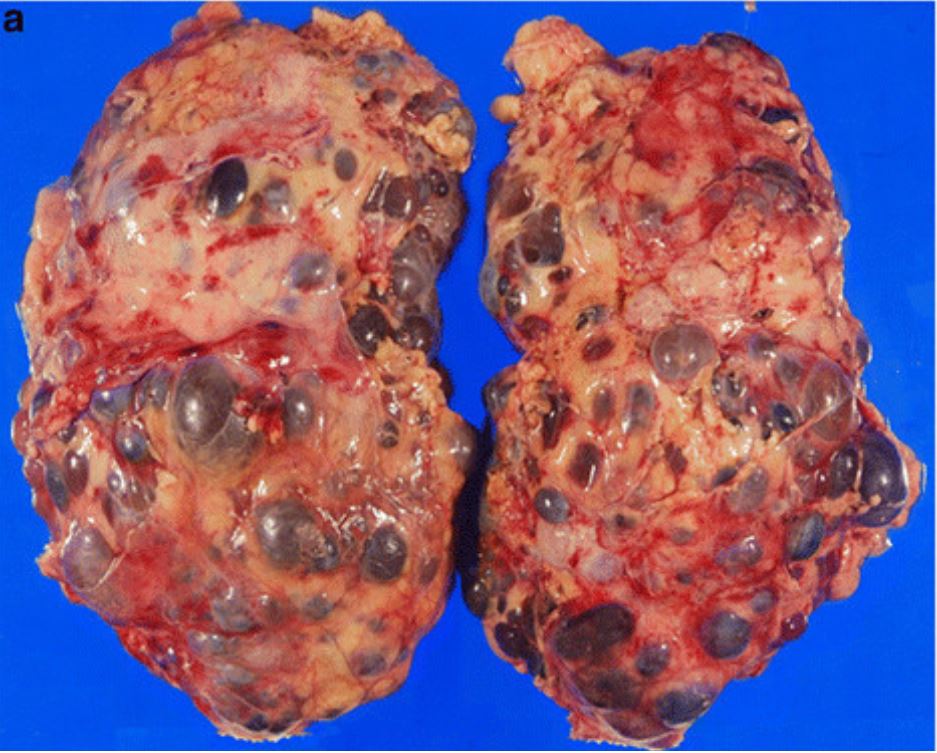


Post a Comment for "Polycystic Kidney Disease Kidney Transplant"